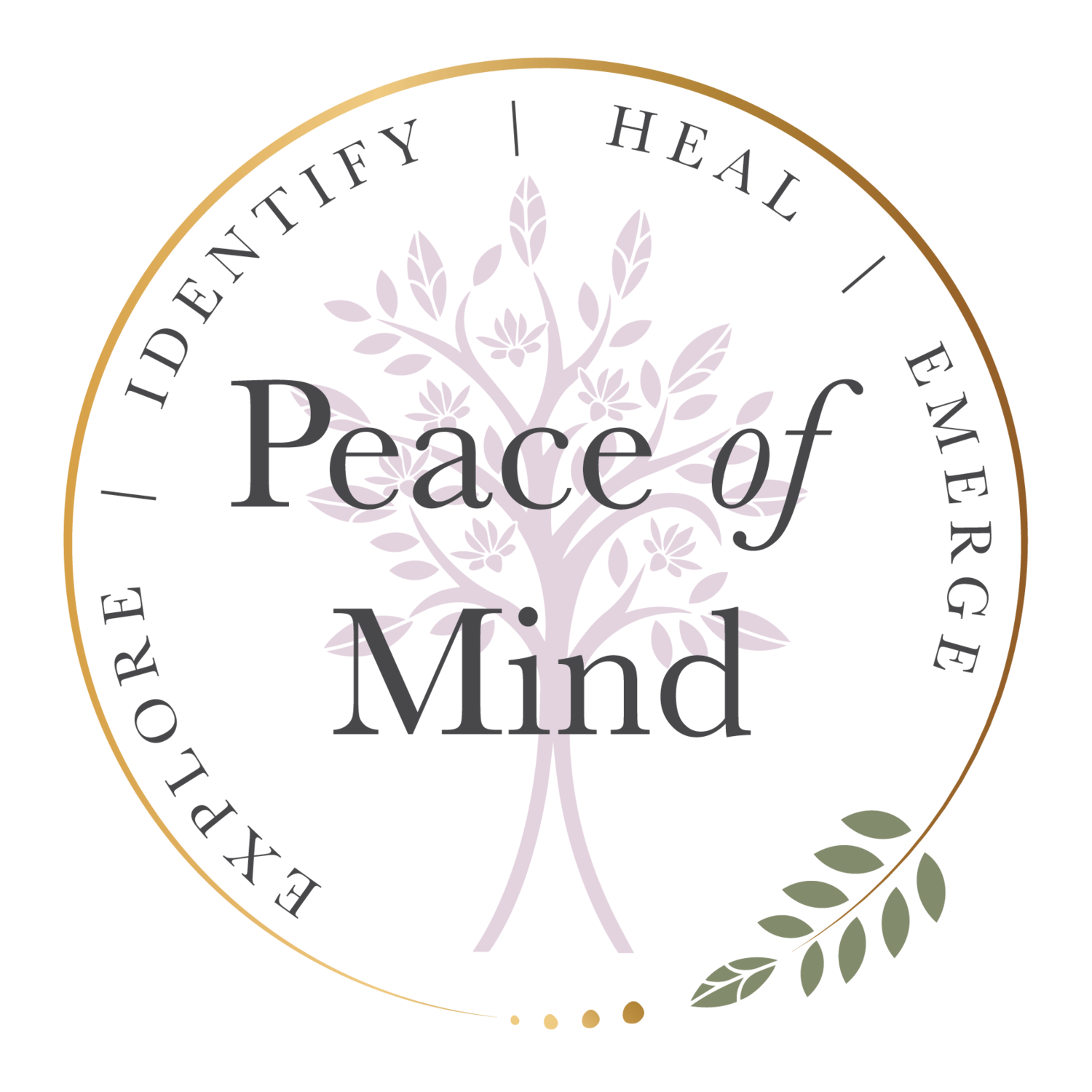Unraveling the Neuroscience of Trauma: How It Shapes Our Brain's Response to Stress
Trauma can profoundly impact our mental and emotional well-being, but did you know it also leaves a lasting mark on our brains? In this blog, we'll dive into the fascinating world of neuroscience to explore how trauma affects our brain's response to stress. So get ready for an enlightening journey!
The Brain on Trauma: When we experience trauma, whether a single intense event or a prolonged series of challenges, it sets off a chain reaction in our brains. The amygdala, hippocampus, and prefrontal cortex, which play critical roles in our stress response system, undergo significant changes.
The Amygdala: This powerhouse of emotions goes into overdrive after trauma, becoming highly sensitive to potential threats. This heightened sensitivity can lead to intense emotional reactions and constant vigilance. As a result, you might find yourself easily startled, irritable, or struggling to keep your emotions in check.
The Hippocampus: As the brain's memory bank, trauma directly affects the hippocampus. It can impact memory formation and recall, resulting in fragmented or intrusive memories. As a result, you might experience flashbacks or find it challenging to connect with your own past experiences.
The Prefrontal Cortex: Responsible for decision-making, impulse control, and emotion regulation, the prefrontal cortex can be profoundly affected by trauma. This can lead to difficulties in managing emotions, impulsivity, and problems with attention and concentration. As a result, making decisions and assessing risks is more challenging than before.
The Power of Neuroplasticity: These bodily responses may seem scary, but remember, these seemingly maladaptive behaviors are the body's way of keeping us alive in a perceptive threat. But fear not, because our brains have an incredible ability to adapt and change, known as neuroplasticity. Even though trauma can have adverse effects, it's important to remember that healing and resilience are within reach. With appropriate support and interventions, our brains can rewire and form new connections, paving the way for recovery.
Supporting Trauma Recovery: How can we support ourselves and others on the trauma recovery journey? Here are some strategies:
Embrace Trauma-Informed Approaches: Create safe and supportive environments where individuals feel respected, empowered, and controlled. Prioritize trust, collaboration, and choice, as they are fundamental to healing. Life would be very different if every arena of our lives were trauma-informed.
Therapy and Counseling: Seeking guidance from trauma-informed therapists can make a difference. They can provide evidence-based treatments like Cognitive-Behavioral Therapy (CBT), Eye Movement Desensitization and Reprocessing (EMDR), Narrative Therapy, Sandplay Therapy, Safe and Sound Protocol, or other practical methods and approaches tailored to individual needs.
Mindfulness and Self-Care: Nurturing our well-being is essential. Exploring mindfulness practices such as meditation, Reiki, Sound Bowls, deep breathing, and grounding techniques can help regulate emotions and promote self-awareness. Remember, self-care is not selfish—it's vital to the healing journey.
Building Social Support: Connecting with others who understand can be immensely valuable. Seek support groups or online communities where you can share experiences, find validation, and offer support to fellow survivors. Building a sense of community is critical. That's why we also created Grounded Buoyancy, our free private Facebook group, to help support each other.
At Peace of Mind Yoga, Counseling, and Wellness Center, we believe in providing holistic support for trauma recovery. Our services, including trauma-informed yoga classes, counseling, trainings, workshops, and coaching programs, are designed to create a safe and nurturing space where individuals can heal and find peace. In addition, we are deeply committed to supporting individuals on their unique healing journeys.
Understanding the neuroscience of trauma provides valuable insights into how it shapes our brain's response to stress. By creating trauma-informed environments, seeking professional help, practicing self-care, and fostering social support, we can navigate the path to recovery with compassion and resilience. Finding a support system that aligns with your needs and values is essential.
At Peace of Mind, we strive to offer a comprehensive range of supportive services tailored to individual healing journeys. For example, our trauma-informed yoga classes provide a gentle and nurturing environment for reconnecting with the body, promoting self-awareness, and facilitating healing. In addition, our compassionate and skilled therapists are trained in evidence-based approaches, such as Cognitive-Behavioral Therapy (CBT) and Eye Movement Desensitization and Reprocessing (EMDR), specifically designed to address trauma's effects on the brain and support healing.
However, finding the resources and professionals that resonate with you is a deeply personal process. Whether you explore services at Peace of Mind or seek support elsewhere, what matters most is finding a safe and supportive space where you feel heard, understood, and empowered.
Remember, healing from trauma is a unique and personal journey that requires time, patience, and a multidimensional approach. Yet, we can reclaim our lives and move toward a brighter future by understanding the neuroscience of trauma, seeking appropriate support, and practicing self-care.
Let's create a world where trauma victims find the compassion, understanding, and support they deserve. You are not alone on this journey; there is hope for healing and growth. So reach out, seek help, and embrace the incredible resilience of the human spirit.
Note: This blog is intended for informational purposes only and should not be considered a substitute for professional advice. If you or someone you know is in immediate distress or danger, don't hesitate to contact emergency services or a mental health crisis professional.
